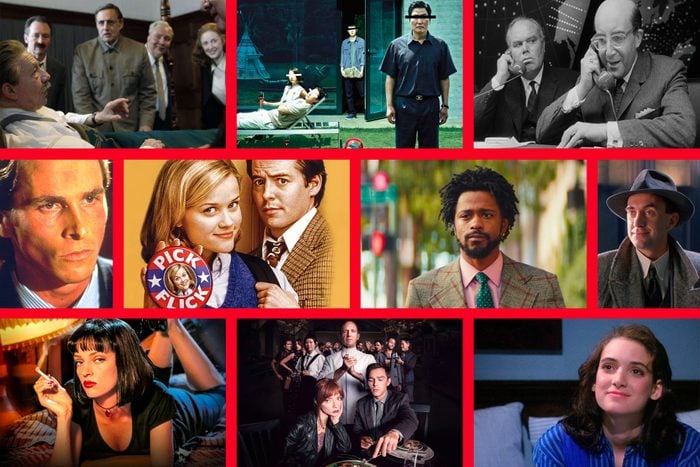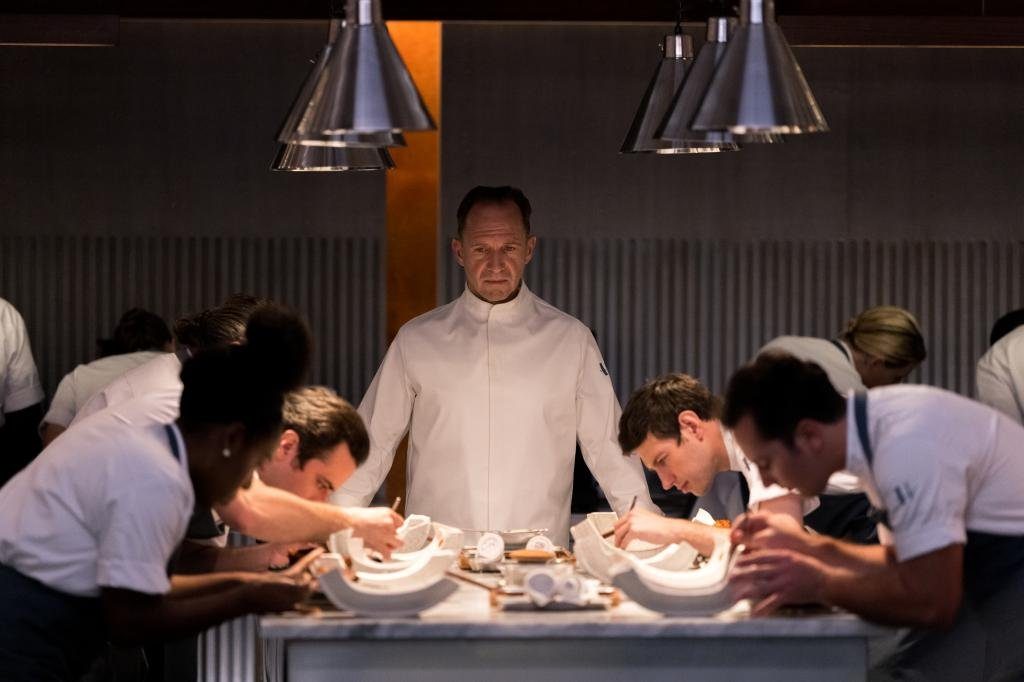The Enigmatic World of Dark Comedy in Film
There is a unique genre of film that often straddles the thin line between humor and horror, eliciting laughter amidst unsettling circumstances: dark comedy. This cinematic form, also known as black comedy, is characterized by satirical content that showcases the absurdities of life through irony and wit, even as it tackles serious, morbid, or taboo subjects. Dark comedy forces audiences to confront discomforting truths by channeling them through a comedic lens that both entertains and provokes thought.
The Evolution of Dark Comedy
The roots of dark comedy can be traced back centuries, intended to question societal norms and bring to light the paradoxical nature of human existence. In film, this genre began to gain significant traction during the mid-20th century, as filmmakers sought to capture the complexities of the post-war world. Iconic directors like Stanley Kubrick and Billy Wilder emerged as pioneers, setting the stage for what dark comedy could accomplish on screen.
One of the quintessential examples from this era is Kubrick's "Dr. Strangelove or: How I Learned to Stop Worrying and Love the Bomb" (1964). The film satirizes the Cold War tensions and nuclear hysteria of the time. Despite its serious subject matter, "Dr. Strangelove" critiques the absurdity of mutually assured destruction, blending slapstick with grave political commentary to create an unsettling yet thought-provoking cinematic experience.
The Mechanics of Dark Comedy
At the heart of dark comedy lies a delicate balance: it must be humorous enough to entertain while maintaining a sharp edge that delivers biting social criticism. The tension between these elements is crucial to crafting effective dark comedy, as the genre relies on juxtaposing the irreverence of comedy with the gravity of its often unsettling themes.
Common techniques used to achieve this balance include the clever use of irony, where the expected norms are subverted to reveal deeper, sometimes disturbing truths. Parody offers another pathway, enabling filmmakers to exaggerate societal flaws for comedic effect while urging reflection. Moreover, the unsettling nature of dark comedy often stems from its ability to delve into universal human fears and failings, like mortality, power dynamics, and existential dread.
Dark Comedy Across Cultures
While dark comedy is universally acknowledged as a genre that embodies the intersection of laughter and gravity, cultural nuances significantly shape how it is employed and perceived. For instance, British cinema frequently draws on dark comedy, with films such as "Trainspotting" (1996), which explores the grim realities of addiction against the backdrop of comedic escapades. The humor here is raw and untamed, reflecting societal issues through a uniquely British lens.
In contrast, American dark comedy often leans towards hyperrealism and existential anxieties. Movies like "Fargo" (1996) and "American Psycho" (2000) capitalize on this approach. Despite the cultural differences, the genre’s core remains unchanged: it is a satirical review of human nature's dark undercurrents, compelling audiences to find humor in morally ambiguous situations.
The Continued Relevance
The undying appeal of dark comedy lies in its ability to address serious issues without the heavy-handedness frequently associated with drama or tragedy. In an era where global challenges such as climate change, political unrest, and social inequalities are at the forefront, this genre offers a refreshing perspective. It provides a safe emotional distance that allows viewers to engage with contentious topics through satire and laughter, all the while sparking necessary dialogues.
Moreover, dark comedy serves as a reflection of society's resilience, capturing humanity's ability to endure and even find humor amid chaos. It is a testament to art's power to illuminate, challenge, and entertain, transcending cultural barriers while remaining deeply rooted in the universal human experience.





:max_bytes(150000):strip_icc()/film-photography-592347645-59e4d0609abed500119e7b14.jpg)









Comments